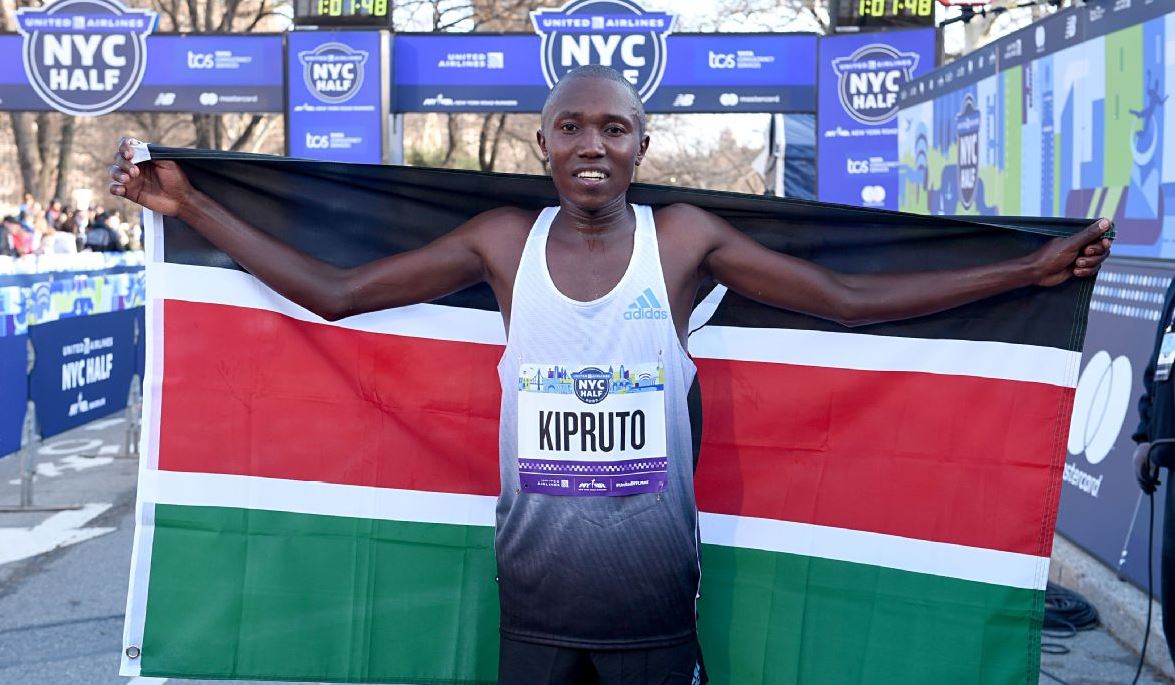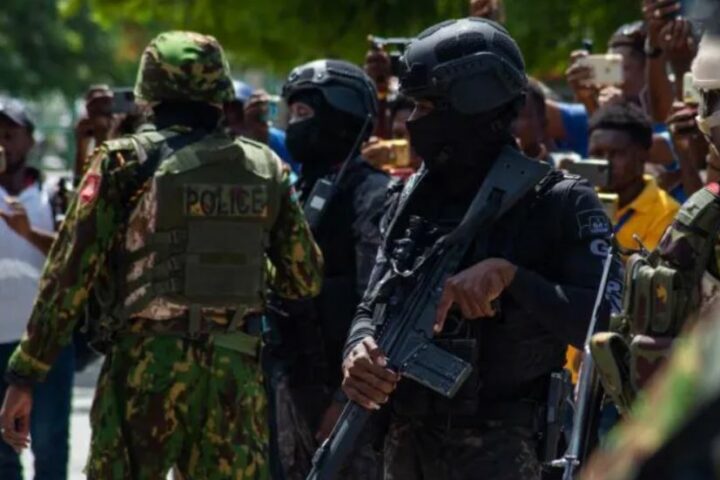 Doping scandals continue to shake the world of professional sports. This time the center of attention was 24-year-old Kenyan runner Rhonex Kipruto, who was disqualified for 6 years for violating anti-doping rules.
Doping scandals continue to shake the world of professional sports. This time the center of attention was 24-year-old Kenyan runner Rhonex Kipruto, who was disqualified for 6 years for violating anti-doping rules.
This decision by the Athletic Integrity Disciplinary Tribunal (AIU) strips Kipruto of not only the world record in the 10-kilometer road race but also a bronze medal at the 2019 World Championships.
The tragedy of an ambitious athlete whose career was cut short due to banned drugs once again highlights the thorny issue of doping in athletics. The incident is a serious blow to the reputation of the Kenyan running school and calls into question the achievements of many other athletes.
Chronology of events
Kipruto was one of Kenya’s most decorated athletes, and his career could safely be held up as an example to other athletes. Before one of the local championships in 2023, in which Kipruto’s victory was given quite high odds on the Melbet App and several other betting apps, he took a doping test.
An examination of his athlete’s biological passport revealed anomalies that the tribunal considered highly likely to indicate the use of prohibited methods, such as the use of recombinant erythropoietin (rEPO) to artificially increase the number of red blood cells in the blood.
Despite Kipruto’s attempts to exonerate himself, the tribunal concluded that the anomalies in his biological passport indicated “deliberate and sophisticated doping over a prolonged period of time.” As a result, the athlete was handed a harsh verdict – a 6-year disqualification that effectively put an end to his Olympic prospects.
The lost achievements of the champion
The tribunal’s verdict deprives Kipruto of a number of outstanding achievements. First of all, his world record in the 10-kilometer road race, set in 2020 in Valencia (26 minutes and 24 seconds), will be annulled.
His victory at the Diamond League stage in Stockholm in 2019 and his bronze medal at the World Championships in the 10,000 meters there will also be canceled.
For an athlete who began his journey from poverty in a Kenyan village, this turn of events amounts to a personal tragedy. Kipruto loses not only his sporting titles and honors but also the material wealth he had sought in order to provide for his family.
Consequences of the doping scandal
Kipruto’s disqualification is another dark stain on the reputation of Kenyan athletics. The country has been repeatedly plagued by doping scandals, which undermines the credibility of its athletic performance. Although most athletes are honest, the systematic use of banned drugs in the country is becoming a serious problem.
International anti-doping organizations should tighten controls and increase transparency in testing. At the same time, more attention should be paid to educating young athletes about the harms of doping and creating conditions that make doping unprofitable for athletes.
In conclusion
Doping scandals such as these cast a shadow over athletics. But instead of disappointment, they should serve as an incentive to strengthen the fight against the use of banned substances. Only through the joint efforts of federations, anti-doping organizations, and athletes themselves can this scourge be eradicated and confidence in athletic performance restored.
Every athlete must remember that doping is a pathway to short-term success but long-term disappointment and failure.








